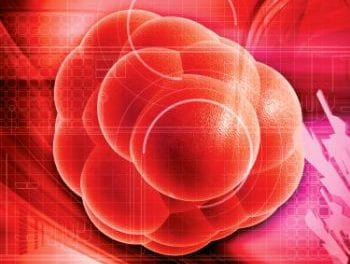Long considered a purely cosmetic procedure, a new study suggests may also have significant health benefits. A study being presented at the annual American Society of Plastic Surgeons (ASPS) conference, in Denver, reveals for the first time that liposuction patients experience a reduction in triglyceride levels and white blood cell counts, possibly decreasing their risk for heart disease, stroke, and diabetes.
"High triglyceride levels are known to be associated with an increased risk of cardiovascular disease," said Eric Swanson, MD, the study’s author. "The decrease in these levels after liposuction was surprisingly dramatic, and revealed that the permanent removal of excess fat cells by liposuction has a major impact on circulating levels of triglycerides."
The study measured triglyceride and cholesterol levels in 322 patients undergoing liposuction and/or a tummy tuck. The majority of patients, 71%, had liposuction only. Triglyceride levels in patients with normal preoperative levels were unchanged. However, those patients with elevated, at-risk levels (greater than or equal to 150 mg/dl) experienced an average 43% reduction in triglyceride levels after surgery — about twice the effect achieved with a drug commonly prescribed to reduce triglyceride levels. The effect was similar in both men and women. According to the author, this does not mean liposuction can replace medications in patients with very high triglyceride levels.
"These findings suggest that patients who are considering liposuction who have at-risk triglyceride levels may reduce their risk of developing these serious health problems, while correcting body disproportions," Swanson says. "Patients not only look better, but may be healthier too."
The study also found that white blood cell counts decrease, on average, 11% after liposuction. High white blood cell counts are associated with a raised level of inflammation within the body and have been linked to coronary heart disease, obesity, hypertension, and diabetes. No significant changes in total cholesterol, LDL cholesterol, or HDL cholesterol were detected after liposuction. Swanson emphasizes the need for future research to determine whether these favorable changes in triglyceride and white blood cell levels translate to reduced health risk.
More.
[Source: ASPS/Marketwatch]



